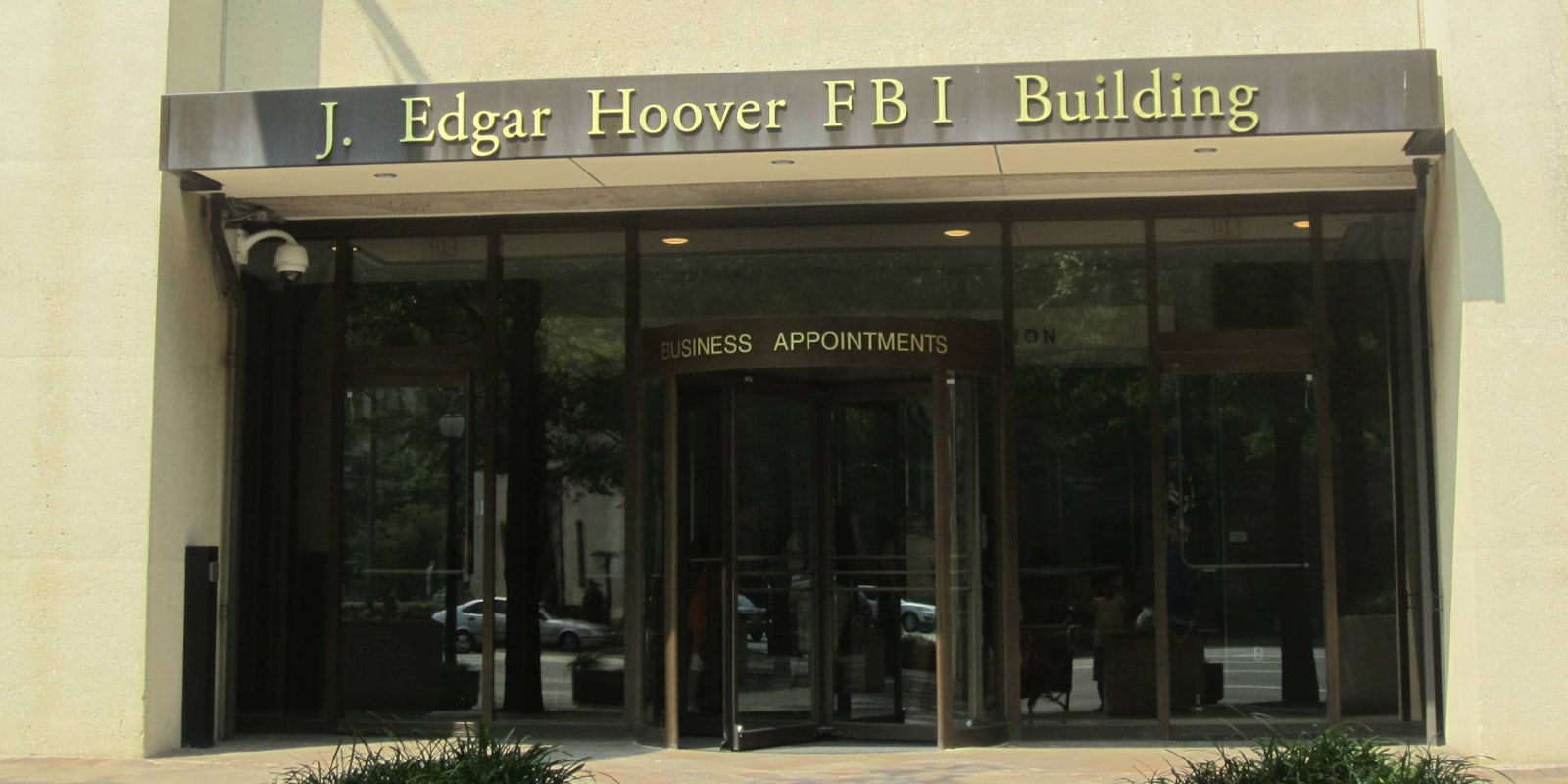The federal government notched a major legal victory Friday as an appeals court in San Francisco ruled that a lower court had to reconsider a 2013 verdict on secret National Security Letters.
The U.S. Court of Appeals for the Ninth Circuit ruled that the passage of the USA Freedom Act in June required a district court in California to rehear arguments challenging the constitutionality of NSLs. The letters, which the FBI uses to demand information for national-security investigations, frequently contain nondisclosure passages forbidding their recipients from publicly discussing them.
In a March 2013 case called In re National Security Letter, Judge Susan Illston of the U.S. District Court for the North District of California ruled that NSLs’ nondisclosure clauses “suffer[ed] from significant constitutional infirmities” and that the government needed to change the statutes authorizing them.
Judge Illston issued an injunction preventing the government from issuing more NSLs, but she immediately stayed the effect of her ruling pending the resolution of the government’s appeal.
The USA Freedom Act, which President Barack Obama signed into law in early June, primarily reformed the National Security Agency’s bulk telephone-records collection program, which the NSA had operated—illegally, according to one federal court—under Section 215 of the USA Patriot Act. But the law also made modest changes to National Security Letters, including allowing recipients to share them with their lawyers to formulate a legal challenge. The law did not eliminate the FBI’s ability to insert nondisclosure clauses into the letters.
Still, the USA Freedom Act’s changes were enough to convince the California appeals court that Judge Illston needed to reconsider her ruling. “In light of the significant changes to the statutes,” the court’s three-judge panel wrote, “we conclude that a remand to the district court is appropriate so the district court may address the recipients’ challenges to the revised statutes.”
Earlier Friday, the U.S. Court of Appeals for the D.C. Circuit remanded a case about the Section 215 program back to the lower court on procedural grounds. The appeals court did not address the district court’s finding that the program violated the Fourth Amendment’s prohibition on general searches.
Photo via Billy Hathorn/Wikimedia Commons (CC BY 3.0)


